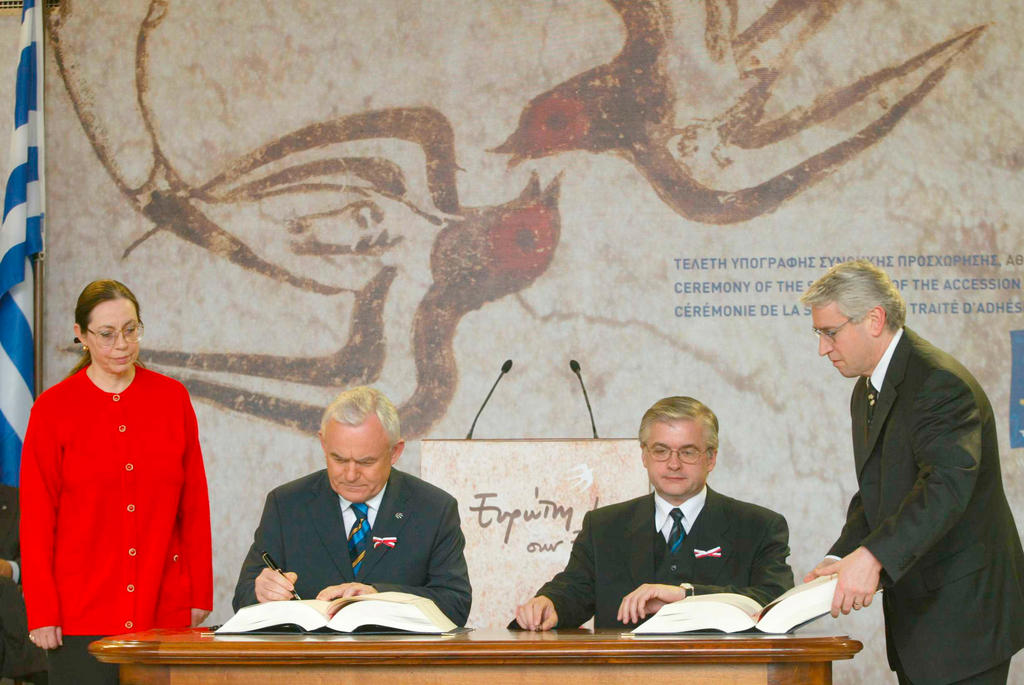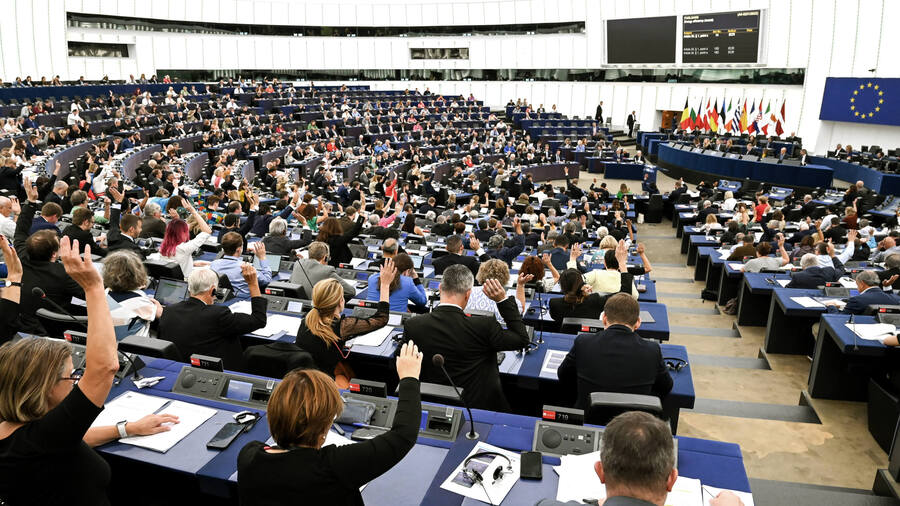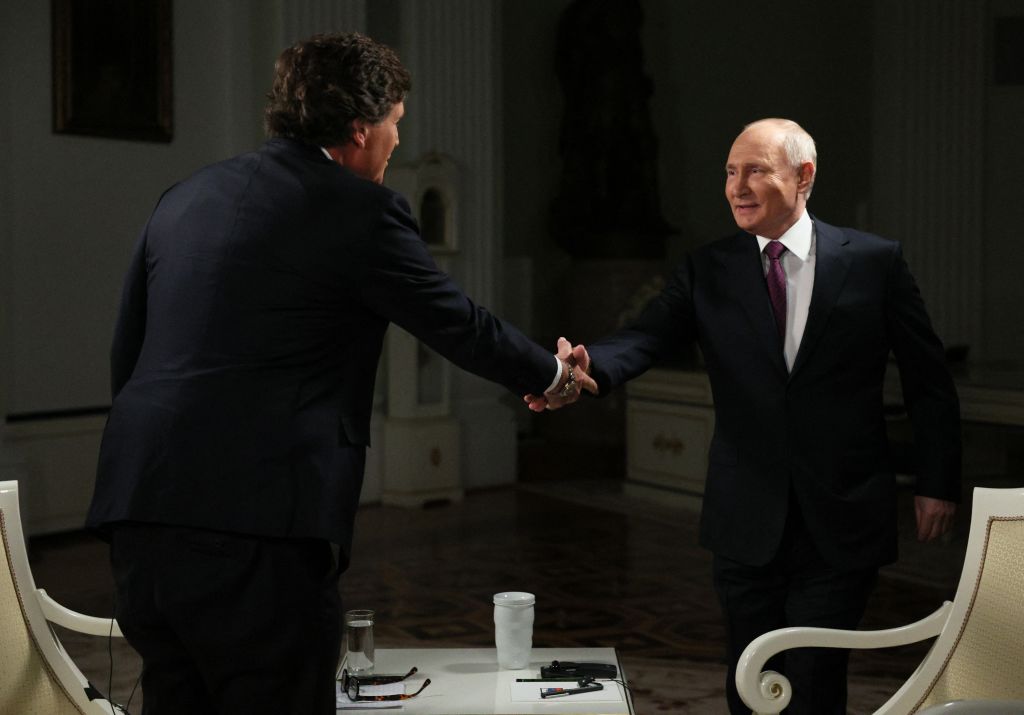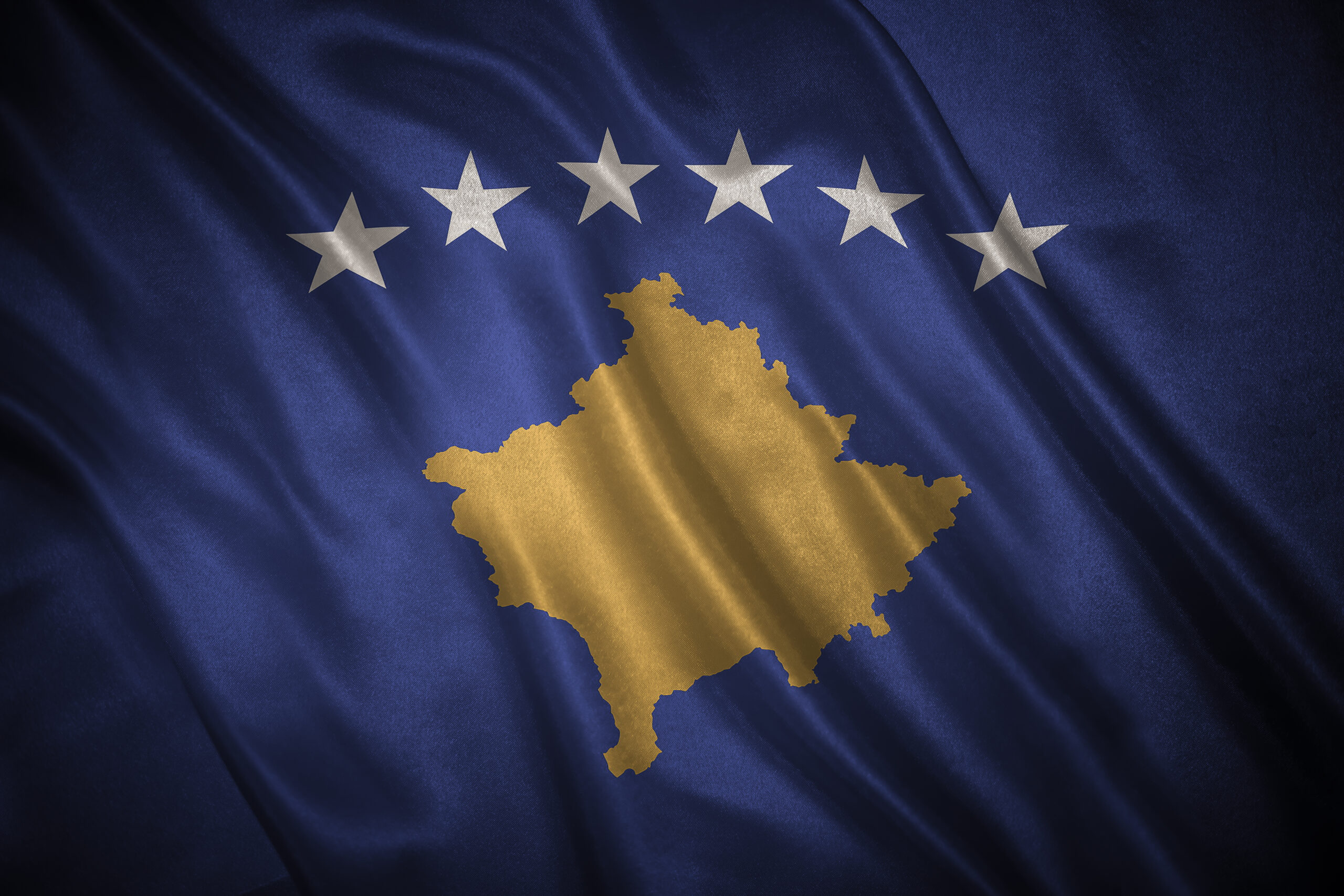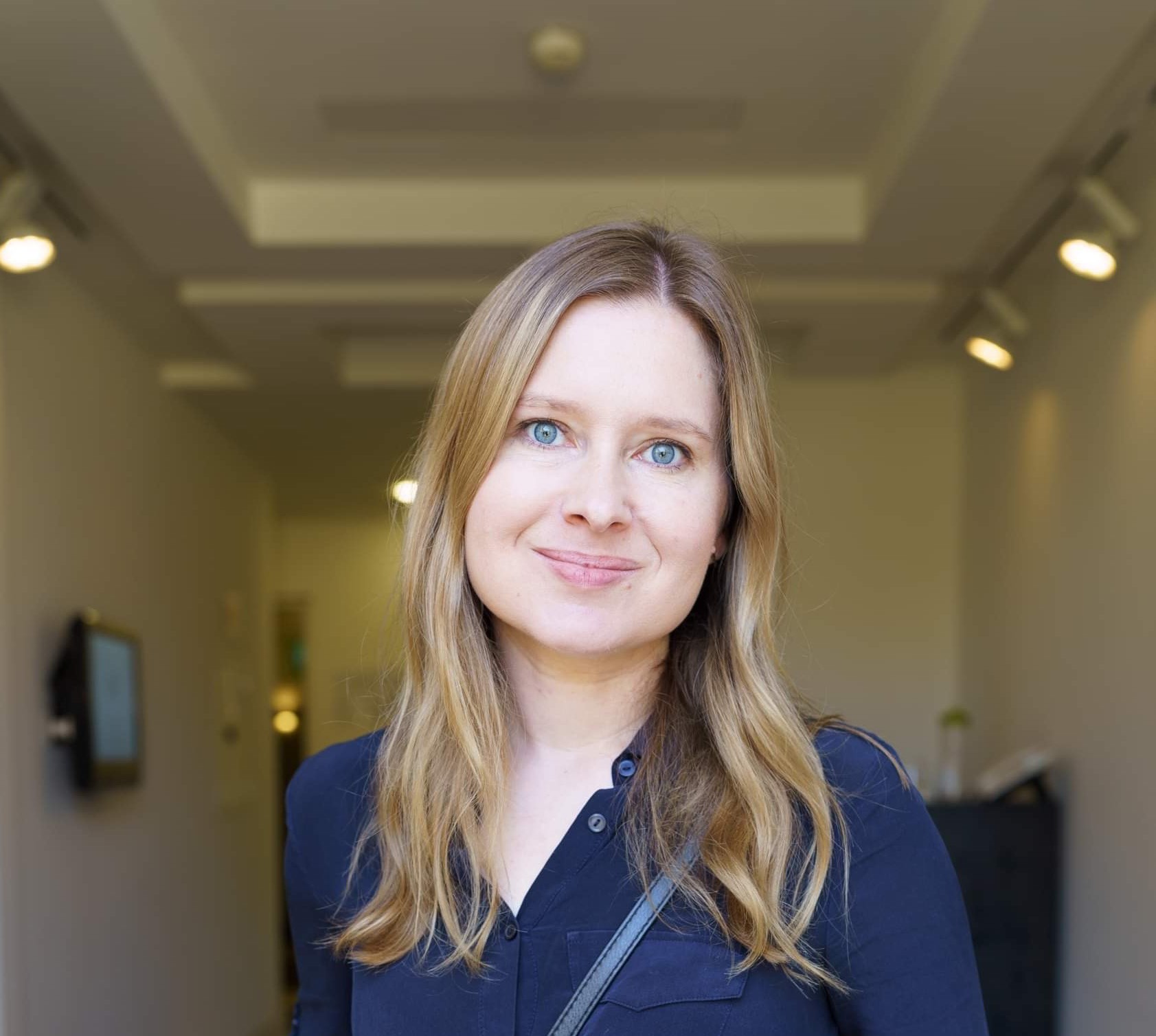
Ethical Remembrance & Solemn Recognition with Warsaw Ghetto Scholar Dr. Katarzyna Person
Dr. Katarzyna Person, the deputy director of the Warsaw Ghetto Museum that is set to open in 2026, has been awarded the Dan David Prize. Headquartered at Tel Aviv University and established in 2001, recipients of the prestigious honor “reward innovative and interdisciplinary work that contributes to humanity.” Dr. Person’s focused commitment to Holocaust studies as a professor, researcher, and writer on a number of books and articles, as well as editing volumes of many documents from the Underground Archive, has collectively earned her much respect as a renowned scholar.


